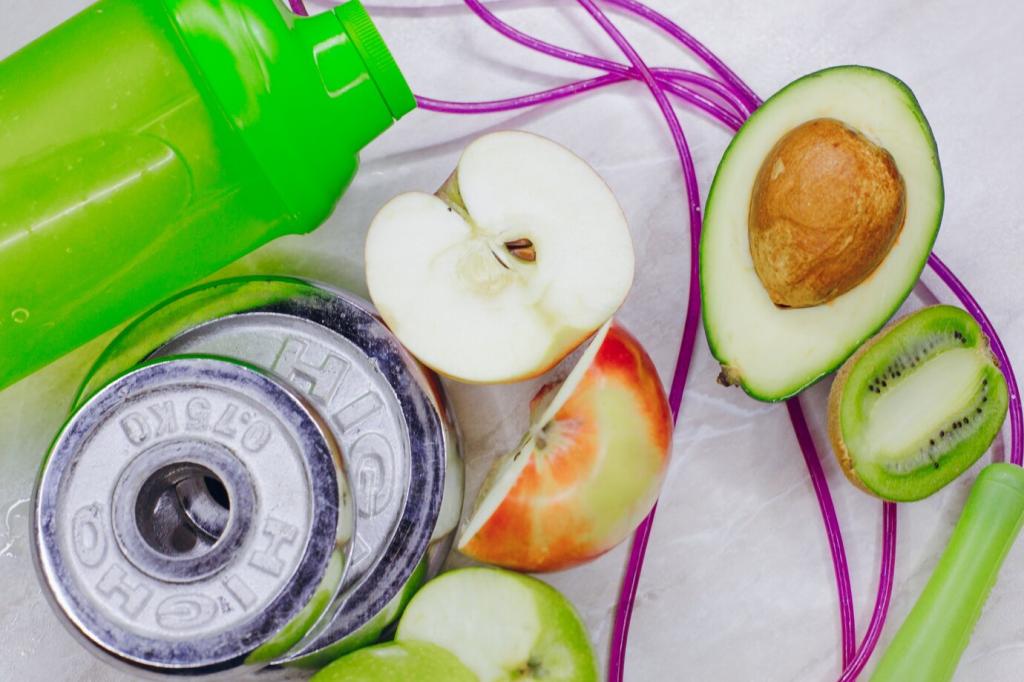Morning, Midday, or Evening: Match Timing to the Clock
If you wake and lift, keep it light: a banana, small toast with honey, or a few chews offer quick energy without heaviness. Afterward, enjoy a full breakfast with protein to solidify recovery and mood.
Morning, Midday, or Evening: Match Timing to the Clock
Aim for a balanced meal two to three hours before the lunch workout. Keep a small pre-session snack in your desk, then return with a satisfying, protein-forward meal to avoid the afternoon slump and snacking spirals.
Morning, Midday, or Evening: Match Timing to the Clock
Keep dinner comfortable by choosing lower-fat, faster-digesting carbs pre-session. After training, a moderate meal supports sleep; keep caffeine earlier in the day. Share what timing helps you wind down without sacrificing recovery.
Morning, Midday, or Evening: Match Timing to the Clock
Lorem ipsum dolor sit amet, consectetur adipiscing elit. Ut elit tellus, luctus nec ullamcorper mattis, pulvinar dapibus leo.








